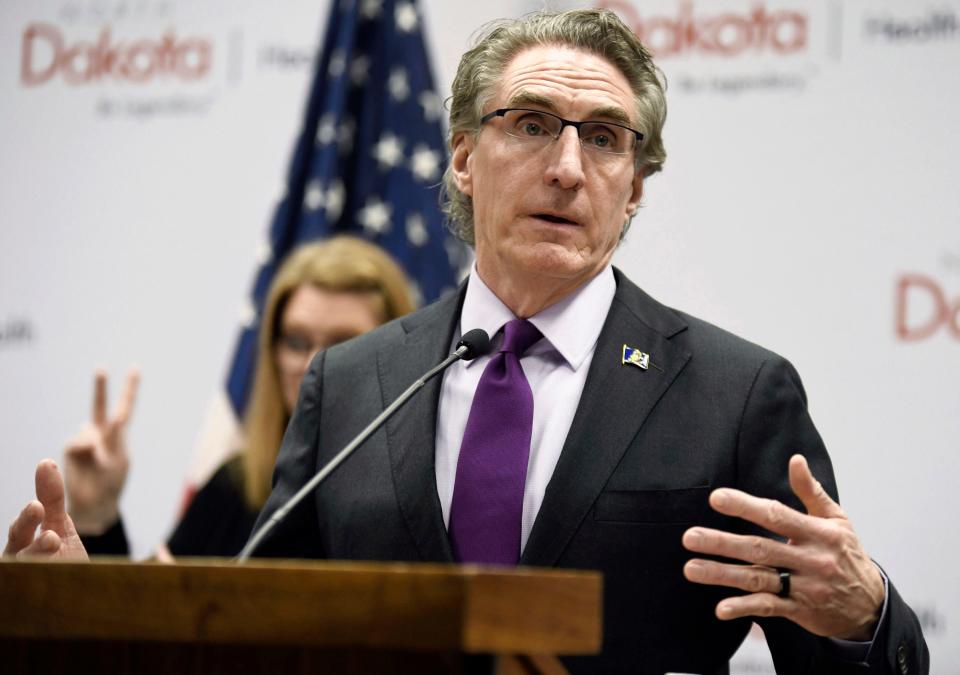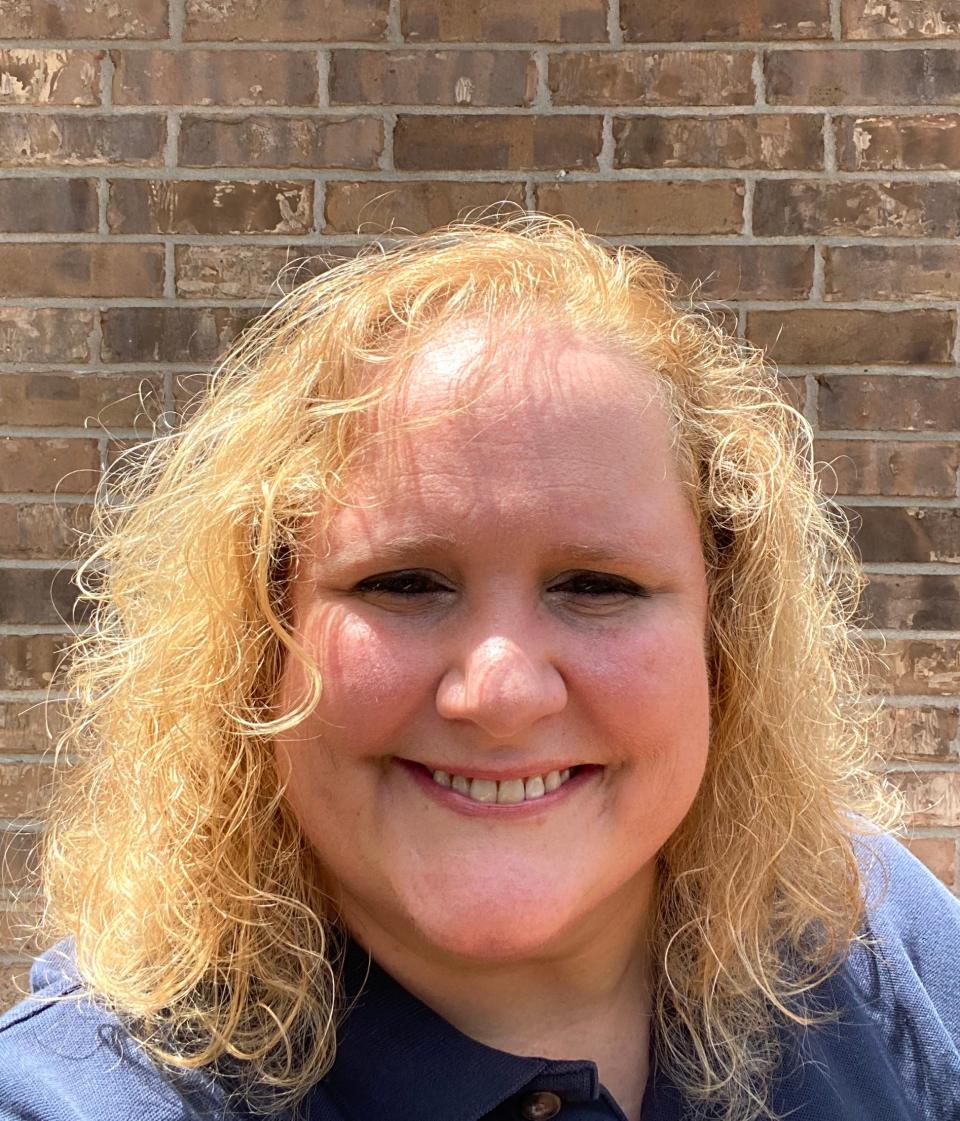I’m a psychologist for transgender kids. Why I have to leave Texas to keep doing my job.
I am a licensed clinical psychologist in Texas, and I’ve worked with young transgender people and their families throughout my career. I am especially proud of my work in Texas over the last few years, but I will soon be leaving Texas. One reason I’m moving is that politicians are making it incredibly difficult to do my job effectively.
As a clinical psychologist, most of my patients arrive for treatment in considerable distress. With transgender patients, this distress is often related to gender dysphoria, bullying and social isolation. Although most transgender people can navigate these experiences without the level of psychological services I provide, others suffer severe symptoms requiring careful and collaborative treatment.
My first concern with transgender patients is suicidal thoughts and behaviors. Clinical research clearly demonstrates that feeling lonely or disconnected, believing you are a burden for your loved ones, and experiencing painful life events like bullying strongly predict suicidal thoughts and behaviors, as well as other related psychological issues like depression and anxiety.
Many transgender people report all three of these risk factors, and there are high rates of suicidality in the transgender community.
GOP on the wrong side of history: Montana Republicans tried to erase a transgender lawmaker. Instead, they created a hero.
Parenting trans and nonbinary kids: 'I just hope that he's always confident': Raising LBGTQ+ kids to be strong, successful
Gender-affirming care is family health care
My work with transgender people involves identifying the areas of their life that cause distress, then developing a comprehensive treatment plan to reduce their symptoms. This treatment plan always includes parents or guardians.
When my patients are transgender children who have not yet reached puberty, the treatment generally includes increasing the patient’s social and family support. An example of this is helping parents understand how getting their child new clothes or letting them go by a different name can make them feel loved and accepted. The treatment is similar in adolescent patients experiencing puberty. In these teens, I also work closely with the patient’s medical team to support any prescription interventions deemed medically necessary by prescribers.

Every family seeking care has a unique experience. Treatment is often a lengthy process full of education, expert consultation and long waiting periods to develop a tailored, age-appropriate plan for care.
Many parents start this journey with fear and confusion about what their child is experiencing. It is my job to understand those concerns and help parents decide on a plan that meets everyone’s needs.
For instance, Texas is a conservative state, and parents often have deeply held religious beliefs that must be honored in treatment. Fortunately, religion and gender-affirming care are not mutually exclusive. Texas families who seek help for their transgender children often discover that gender-affirming care allows their child to become their full, authentic selves in a way that is consistent with their faith.
Drag bans hurt LGBTQ kids: It can help them find themselves – just like it did for me.
I'm a nonbinary person in Tennessee. My clothing is not drag.
Politicians aren't empowering parents – they're overruling them
Treatment is a deeply personal journey – one that politicians have no business interfering with. But recently, politicians in Texas and other states across the country are meddling in families’ decisions and standing between parents and their trusted health care providers. Texas politicians have even threatened to take transgender children away from their parents if families follow doctors’ expert health care guidance.
These political actions have profound effects on transgender patients’ mental health. As I mentioned, feeling like a burden for your family, social isolation, and bullying are well-known predictors of suicidality, depression and anxiety. The laws proposed in states like Texas cause all three risk factors to emerge.
Trans youth face a mental health crisis. Extremist politics makes it worse.
I'm the parent of a transgender child. What about my parental rights?
With these new restrictions and bills politicizing health care, I cannot continue giving patients the care they need and deserve. So, I am moving my practice to the Grand Forks, North Dakota area, where I can once again offer patients evidence-based treatment.
Even when I move, things won’t be simple. Grand Forks sits along the North Dakota and Minnesota border, and I will work with patients from both states.

Although my patients will only be a couple miles apart, different state laws will govern the care I can provide. In Minnesota, leaders have implemented a bold set of protections for transgender patients living in the state and for people who travel from other states to obtain care they can’t get at home. Meanwhile, in North Dakota, politicians are considering legislation that would ban health care providers from offering certain medicines and treatments proven to help transgender adolescents’ mental health and well-being.
State lines can – and do – decide standards of care
It is unfortunate that patients living within a mile of each other will receive such differing standards of care. Arbitrary political decisions do not change the science that overwhelmingly supports gender-affirming care.
Opinion alerts: Get columns from your favorite columnists + expert analysis on top issues, delivered straight to your device through the USA TODAY app. Don't have the app? Download it for free from your app store.
Keep in mind that the gender-affirming care I provide is based on well-established international guidelines that consider decades of research and clinical experience from experts around the globe. Every major medical and mental health organization in the US supports gender-affirming care, including the American Psychological Association, American Psychiatric Association, American Medical Association, American Academy of Pediatrics, and Federation of Pediatric Organizations.
I’ll continue to do as much as I can to provide this quality care to families in Minnesota and across the region. But these political attacks must stop before any more families lose access to life-saving care or any more of my fellow health care providers have to give up their jobs.

It’s time for leaders in Texas, North Dakota, and every state to follow Minnesota’s lead and protect families’ rights to make private, personal health care decisions. Providers and the families we work with deserve a fair chance to raise healthy children, no matter where we live or where we come from.
Dr. Tiffany Russell is a licensed clinical psychologist working with transgender youth and an assistant professor in Texas. The views expressed here do not reflect the views of her employer.
You can read diverse opinions from our Board of Contributors and other writers on the Opinion front page, on Twitter @usatodayopinion and in our daily Opinion newsletter. To respond to a column, submit a comment to letters@usatoday.com.
This article originally appeared on USA TODAY: Trans kids need gender-affirming care. State lines shouldn't matter

